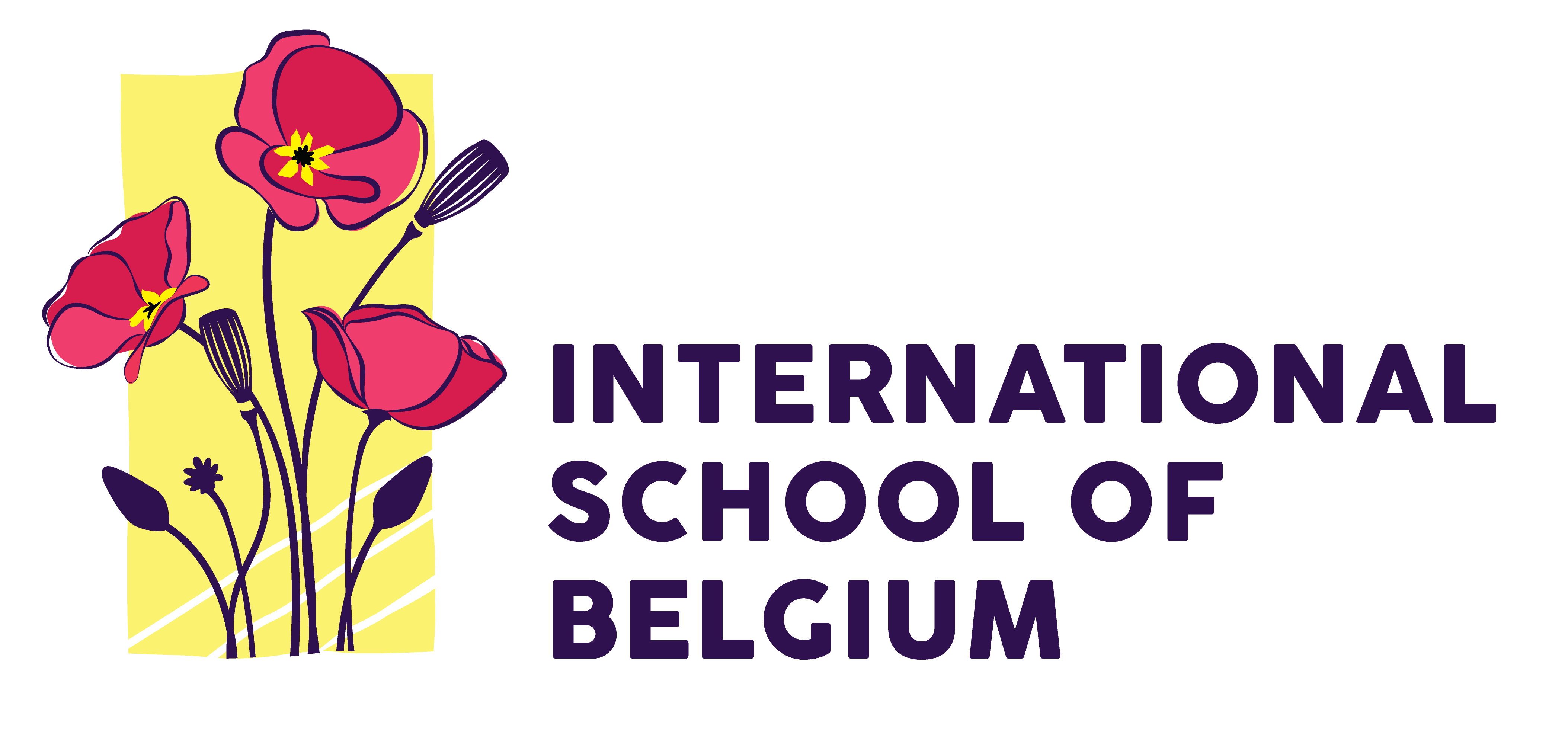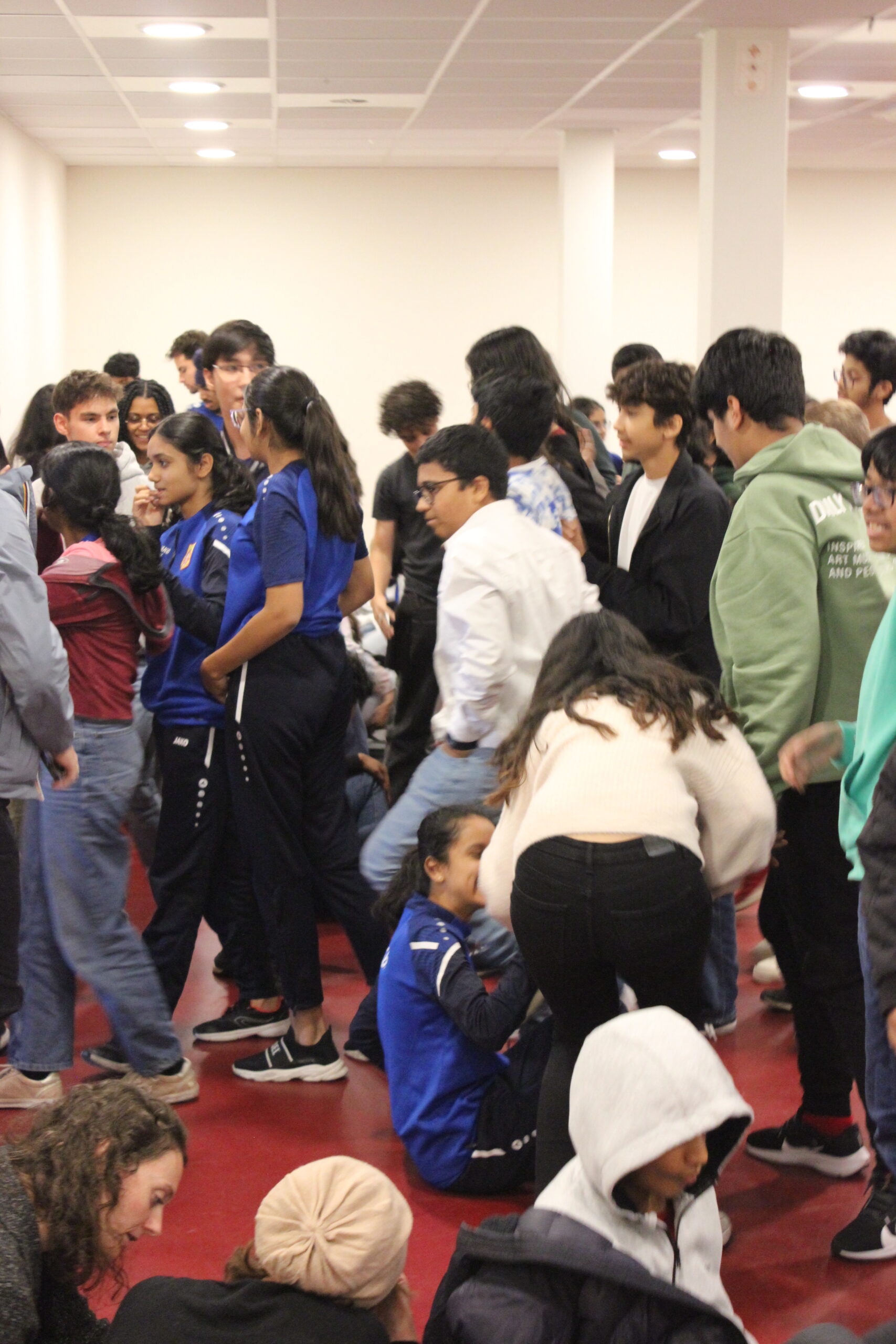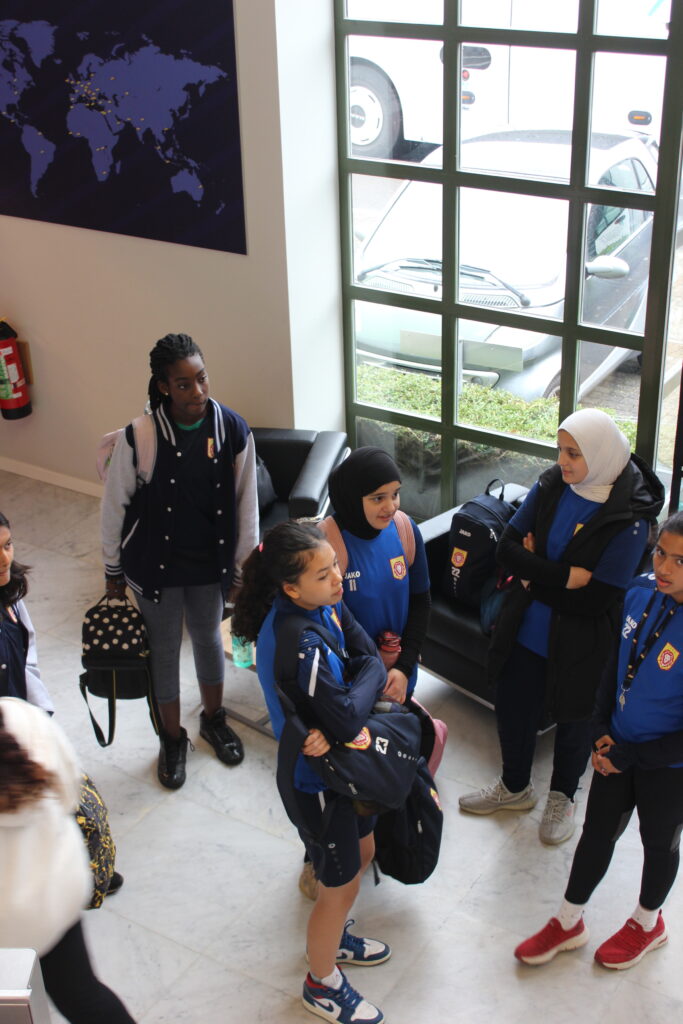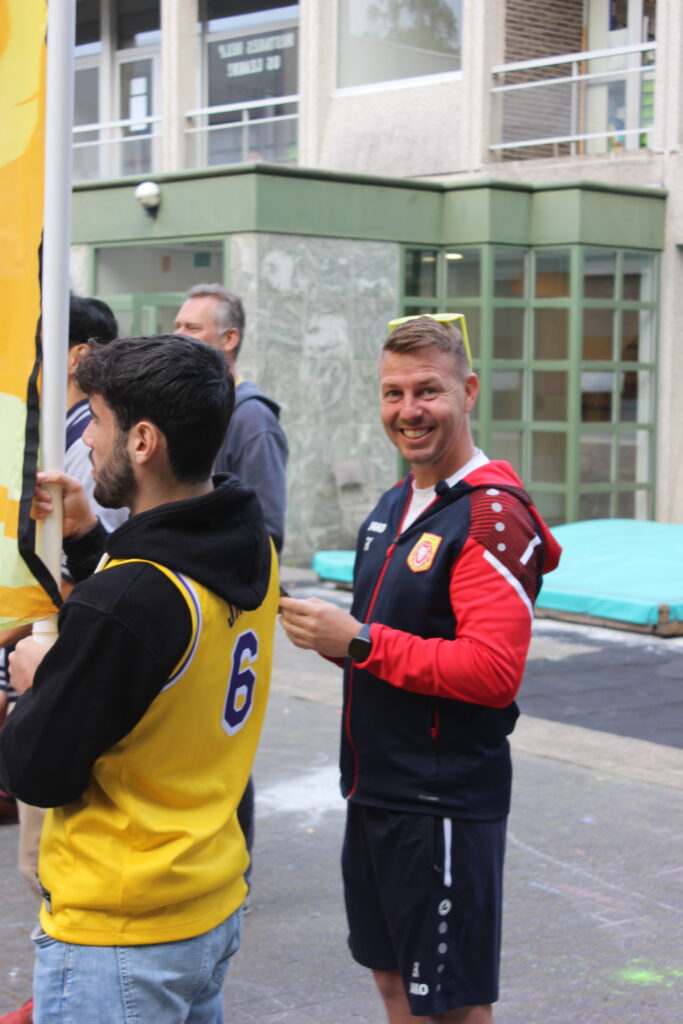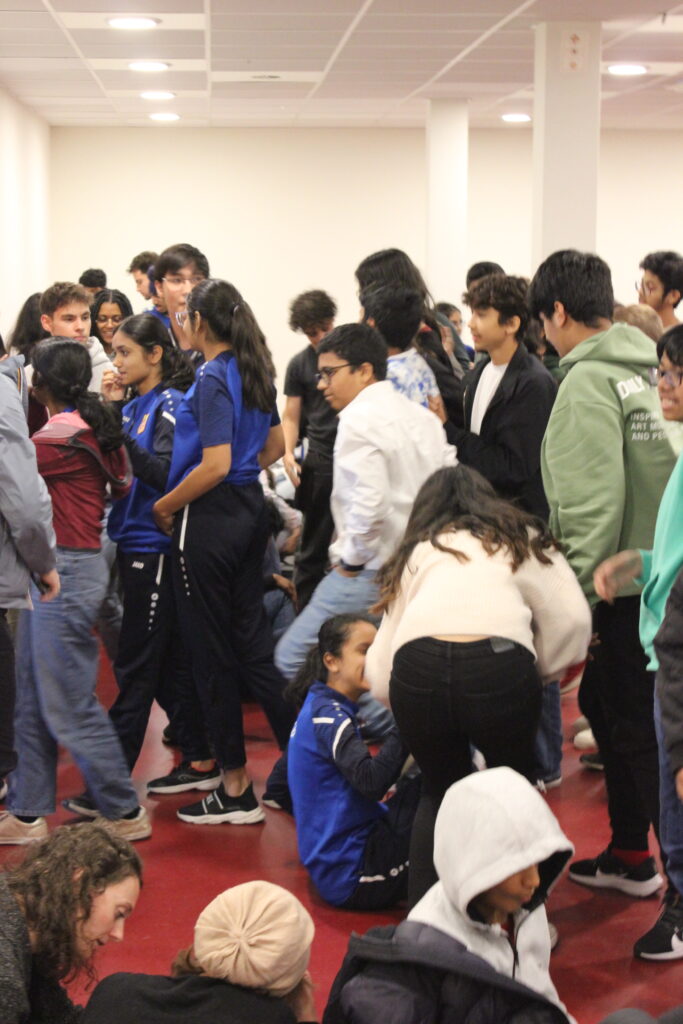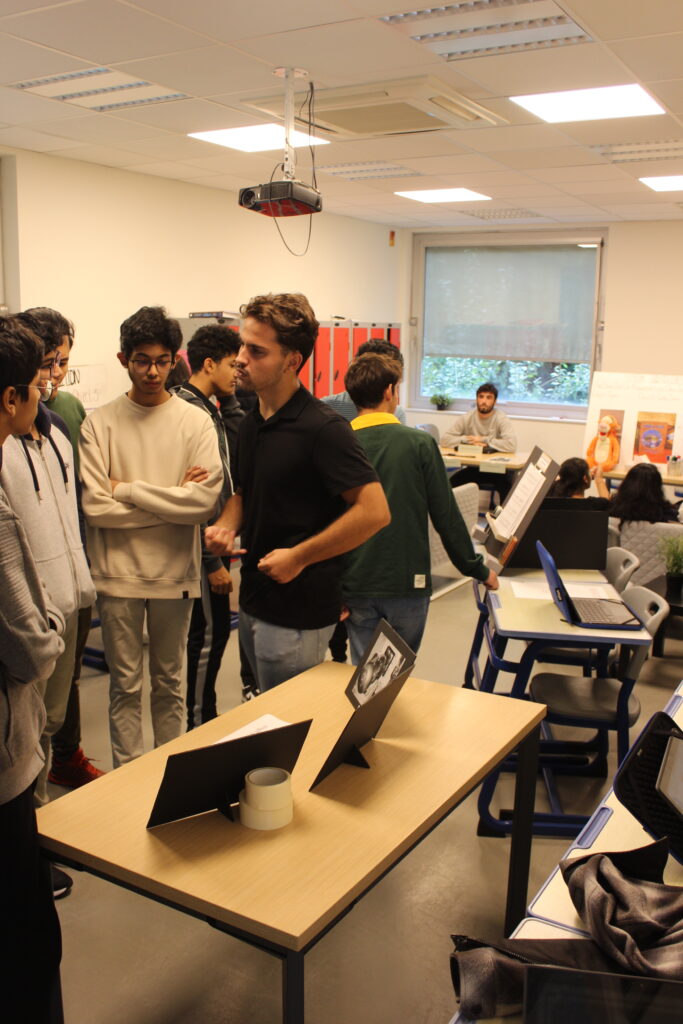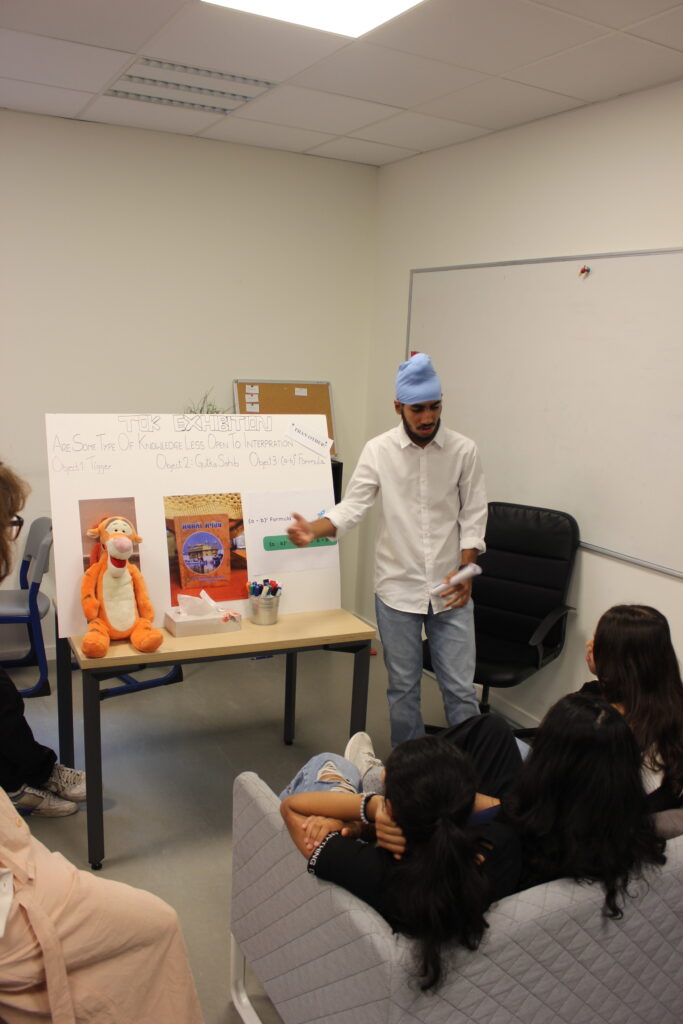What is happening in PSHE
Class 6
This term in PSHE, it was class 6’s turn to present at the secondary assembly. Under the direction of student leader Agrima, the class came up with a topic and planned a presentation about what they have been learning in science. We all got to learn about the characteristics of living things and how to classify them. As class tutors, we were impressed by their collaboration and initiative. Well done class 6!
Class 7
This term in PSHE, class 7 are learning about internet safety, staying safe online and cyberbullying. Cybersecurity is not just about protecting data; it’s also about safeguarding our personal and social well-being.
With the abundance of digital devices becoming an ever increasing instrument in the lives of young students, it is of utmost importance that we bring about an awareness to behaving appropriately and our own protection online.
The focus of our PSHE lessons will draw on anecdotes, group discussions and self-reflection in order to understand the importance of this new world at our fingertips. Cybersecurity empowers students to navigate the online world safely and responsibly.
By fostering an awareness of the risks and best practices, we equip our class 7 students with the tools they need to protect themselves, their information, and their well-being in the digital era.
Class 8
Class 8 has grown and matured over the holiday. It has been great to see both familiar faces, and those new to the Class 8 group; with this said, we would like to welcome Aryan Peram to this wonderful class group. After a busy first month of school, the students have settled well into their new position as the senior-most class in Middle School, a position that comes with new experiences and responsibilities which we plan to address in PSHE throughout the year. Currently, we are focusing on getting the students to better know themselves and develop a growth mindset. By working through suitable material as well as having class discussions, students will be gaining important knowledge about themselves. This will put them in a stronger position to handle both themselves and others, as well as various situations they will find themselves in, as they continue on their individual life journeys.
Class 9
Going into their first year of IGCSE, Class 9 students have been looking into what it means to be a senior student of ISBe, juggling academic expectations and extracurricular participation while maintaining emotional well-being. They will be learning how to keep a healthy work-life balance, structure revision time, become effective leaders and build successful personal relationships.
Class 10
Class 10 had a great start in PSHE. They began the year with some team building games and took time to reflect on the holidays. They moved on to reflecting on the goals they had set and reached last academic year, and also those they set and didn’t reach. After a time of reflection, they thought about the expectations they have for themselves this year, and set goals they wish to achieve.
Moving into the second and final year of IGCSE the students understand the importance of being well prepared for the challenges they will face.
In the next lesson they explored the idea of environmental protection and the reuse or ‘upcycling’ of materials. They created their own product using things they would usually throw away. Creativity abounded and they produced a child’s toy parachute, a pencil holder and a money box.
Class 11 and 12
Students in Class 11 and Class 12 kicked off their PSHE gatherings with open discussions about the extent of their agency in learning, university plans, and experiences of stress. The first lessons were split. Class 11, together with Ms. Kimman, explored the meaning of the word agency in a pedagogical context, focussing on how students can exercise agency both within the classroom walls and beyond. Students discovered through interactive activities and discussion that they might have more agency than they think. Class 12, together with Ms. Tamara, finalized their top university choices and best fit schools, and hurried to add information about application deadlines and tuition and living costs into their individual university application planners. The most recent PSHE gatherings merged the classes together in an open discussion over students feeling overwhelmed and stressed – a usual response to the first month of IB studies in class 11 and an expected response to the months leading up to the IB Exams in Class 12. Allowing students to share openly how they feel, the concerns they have, and open questions about life within and beyond school is the first step to positively controlling stress and pressure, and, ideally, transforming negative into positive stress. Finally, open, honest discussions between students and teachers lead to student success.

